As biochemistry senior Matthia Klatt stepped off of the elevator on July 1, she received a single email — and her world came crashing down.
Klatt, a transgender woman, and the dozens of other students at Texas A&M receiving gender-affirming care via University Health Services at the Beutel Student Health Center, would no longer be provided that treatment beginning on Aug. 1.
At first, Klatt thought it must have been a mistake.
“Then, I got to my desk, sat down, looked closer and was like, ‘What the actual fuck?’” Klatt said. “And then, double whammy, not only that our care was ending, but we had 30 days to find new care.”
A treatment taken
Gender-affirming care — meaning treatments for gender dysphoria, including counseling and hormone replacement therapy, or HRT — were provided at Beutel as part of a model of informed consent where students were talked through their options and informed of the possible side effects of treatment before it was provided in later appointments.
“It was a relief to be able to have access to that care, to be able to be myself,” former student Juniper Danielsen said. “Now that it’s gone, I know many students have been wondering what’s next.”
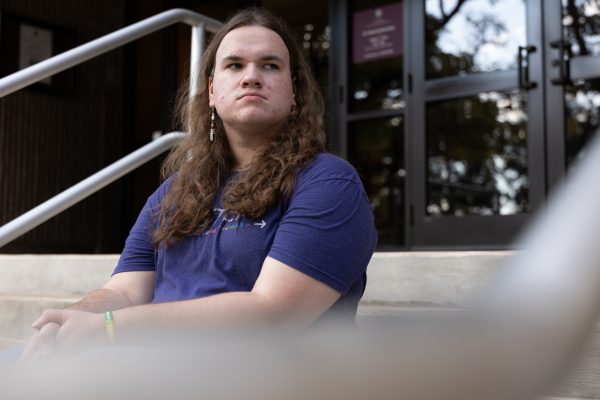
Going without HRT treatment was never an option for students like Klatt, who said they would not have survived without it.
“Our brains are hardwired for the hormone that our gender is,” Klatt said. “My brain was getting too much testosterone for years, and it threw everything out of whack. And because of it, I was depressed and suicidal for a really long time. And I feel totally different now that I’m on HRT, like it really just changes everything. Some people are way worse off than I am. HRT is literally lifesaving.”
In the wake of A&M’s decision to cut that care, transgender students have sought care in Austin, Houston and elsewhere.
Local organizations have tried to fill the gap for students who are unable to find — or afford — treatment. The Pride Community Center, an organization serving the LGBTQ+ community in the Brazos Valley, is working with student organizations like Transcend to help uninsured students afford gender-affirming care, computer science junior Vanessa Dickerson says.
To Dickerson, having access to gender-affirming care on campus meant that her university supported her as a student and as a person — and losing it means A&M has turned its back on her.
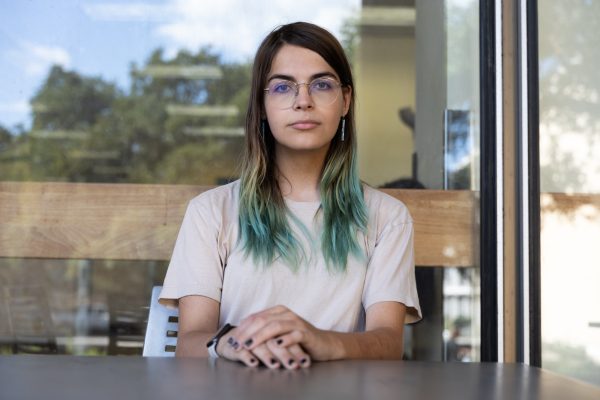
“It meant that my university was behind me,” Dickerson said. “We had a lot, and over time, A&M has been taking that away. But gender-affirming care being offered by A&M let me access that affordably at a difficult time, and it signaled that my university was actually looking to support me as a student. And these kinds of changes by A&M have been deeply disappointing.”
A hostile state
According to the statement sent to patients receiving gender-affirming care at University Health Services when it was cut, the decision was made “after thorough assessment of our resources, capabilities and patient needs.”
But it’s no secret that outside pressure was put on the university: The Rudder Association, a conservative group of A&M former students, lobbied A&M administration to cut gender-affirming care.
And in February, conservative outlet Texas Scorecard published an article entitled “Den of Degeneracy” attacking the fact that A&M offered that care to students.
“I wrote a really long, well-thought-out email [to A&M administration],” Klatt said. “And I got a response from President Welsh that almost seemed copy-pasted to me, so that was pretty disappointing. I had hoped to get a real answer that wasn’t just political bullshit, but they refuse to say anything else, which honestly to me reinforces the fact that the Rudder Association had a hand in this.”
The back-and-forth at A&M is just another example of the statewide policy battle that’s affecting transgender Texans all across the state — and making it harder to receive gender-affirming care.
“The waitlists anywhere are crazy,” Danielsen said. “Because a lot of places keep shutting down due to scrutiny or pressure from outside forces, and it’s getting harder and harder to find the care that many transgender individuals would want or need.”
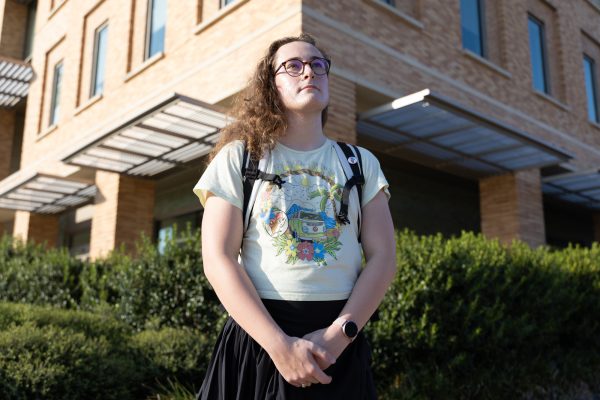
Last month, the Texas Department of Public Safety unveiled a new policy that blocks Texans from changing the sex listed on their drivers’ licenses and identity cards.
But more concerning to Klatt is a reported directive to record those gender marker change requests and send them to a specific email address, per a report by KUT.
“As a German person with Jewish heritage, the list terrifies me,” Klatt said. “That screams, ‘You’re not safe. It’s time to leave.’ They’re literally trying to collect a list of transgender people.”
Klatt, who holds dual American and German citizenship, says they plan on leaving the U.S. after graduation and will settle somewhere in the European Union.
But other students, like Dickerson, are forced to contemplate the dilemma of either leaving behind their lives or leaving behind their identity and medical care.
“I have my life here,” Dickerson said. “I have my family here, and so at the moment, I’m rooted in Texas, right? But the reality of our state is that every day, it becomes less and less safe. Every day it becomes less and less comfortable, accepting and open of a place to be … I would love to remain with my community at Texas A&M, but I’m not sure how much longer I will have access to the care that I need within Texas.”
The one bright spot for transgender students at A&M, Danielsen says, has been the response from other students determined to help each other find care.
“From our students, it’s been a lot of resilience and helpfulness,” Danielsen said. “Because people that were receiving care from places that aren’t the university almost immediately were like, ‘Here’s my doctor. Here’s who I see. Here’s other places you can go as well. Here’s all these resources.’ So it’s helped us come together as a community. However, it is obviously not the best of circumstances.”
In the midst of the whirlwind of controversy surrounding A&M’s transgender students, Dickerson hopes that her fellow Aggies can see the humanity in their peers, rather than seeing them as a political issue.
“Trans Aggies are Aggies too,” Dickerson said. “We are students. We have our own lives that are entirely separate. We have careers. We have ambitions. We have hopes. We have dreams. We are looking to be students … Compassion is what I want more students, more faculty and more people to have — because all we have is politics.”



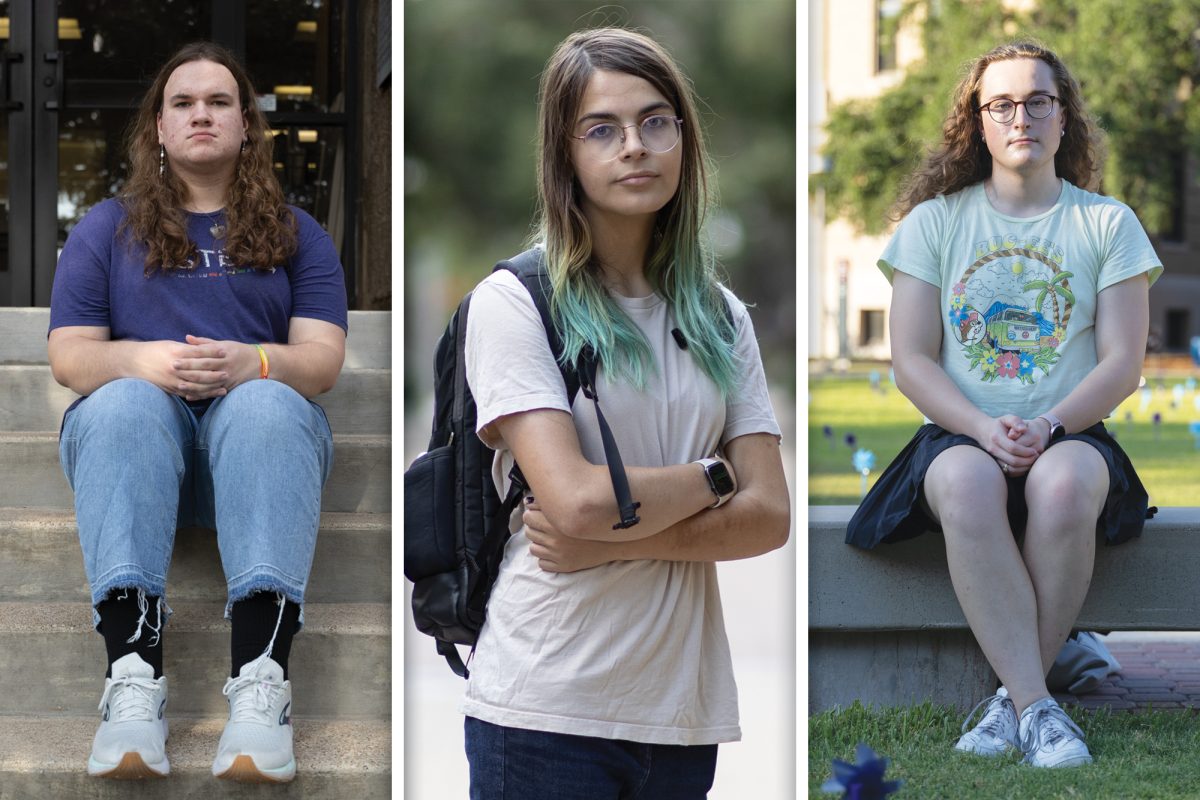

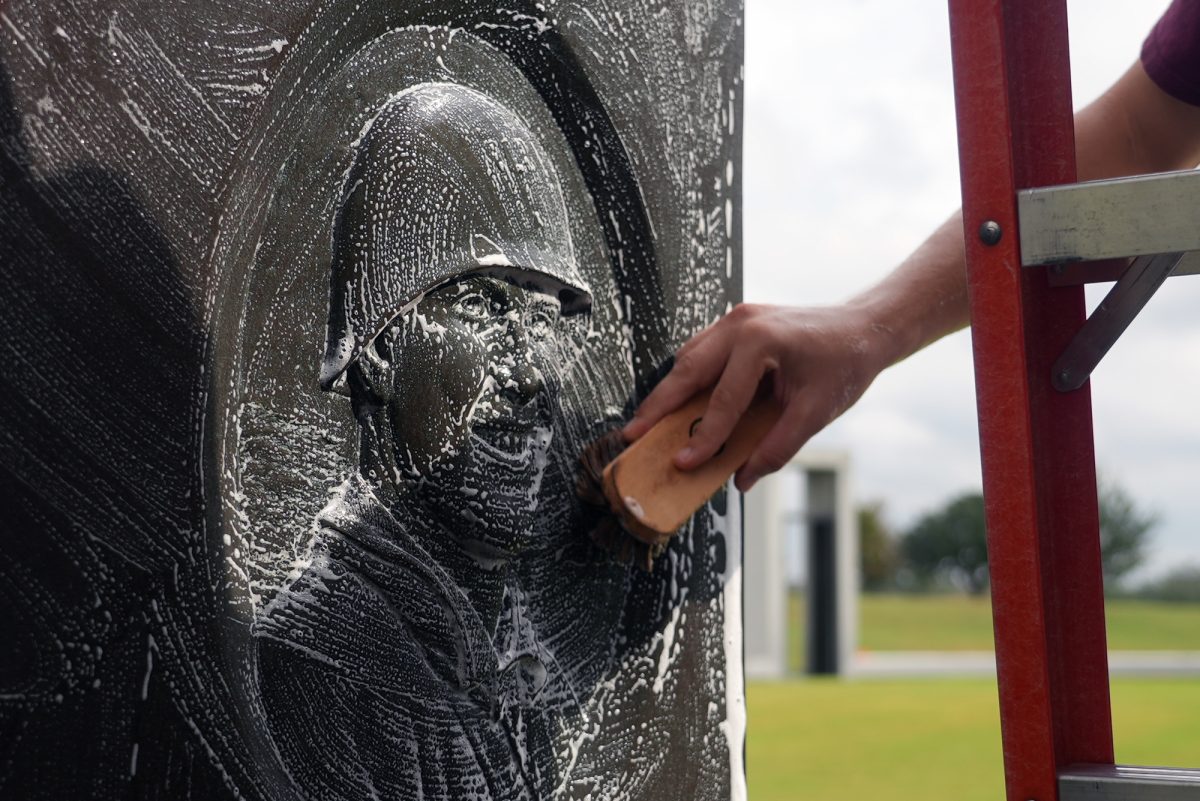
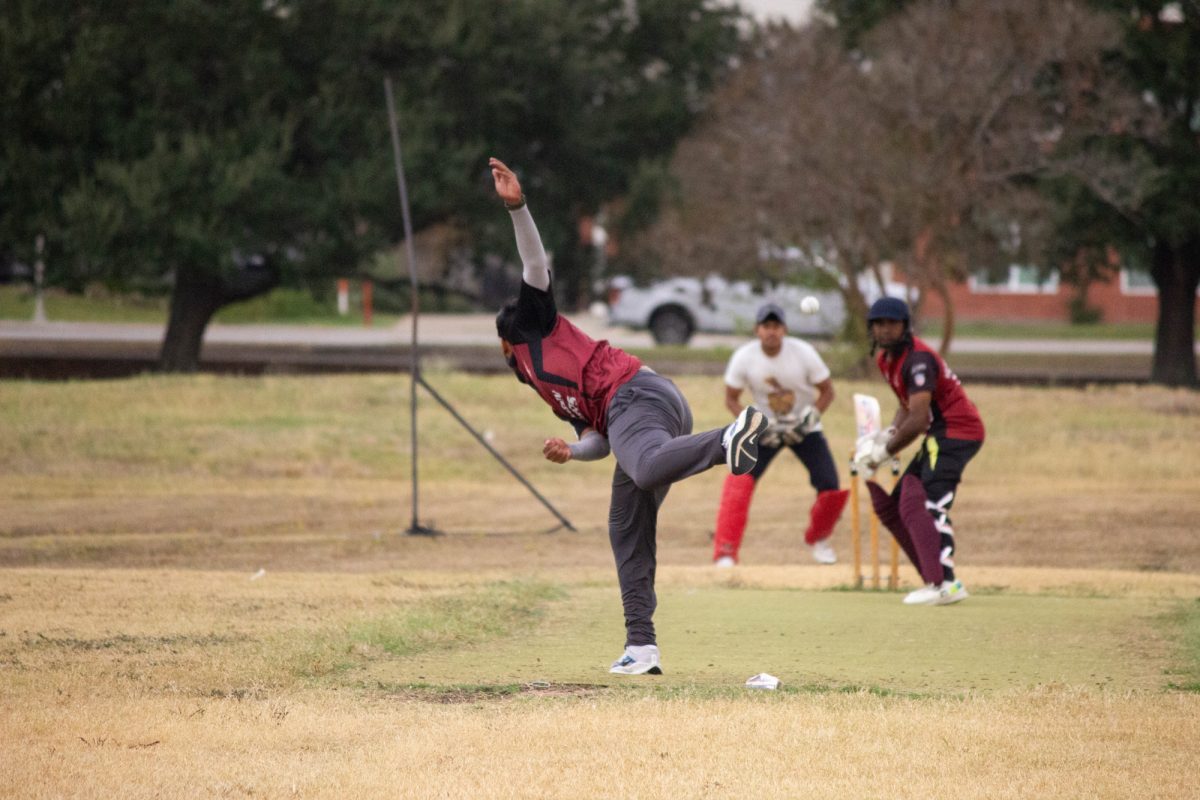
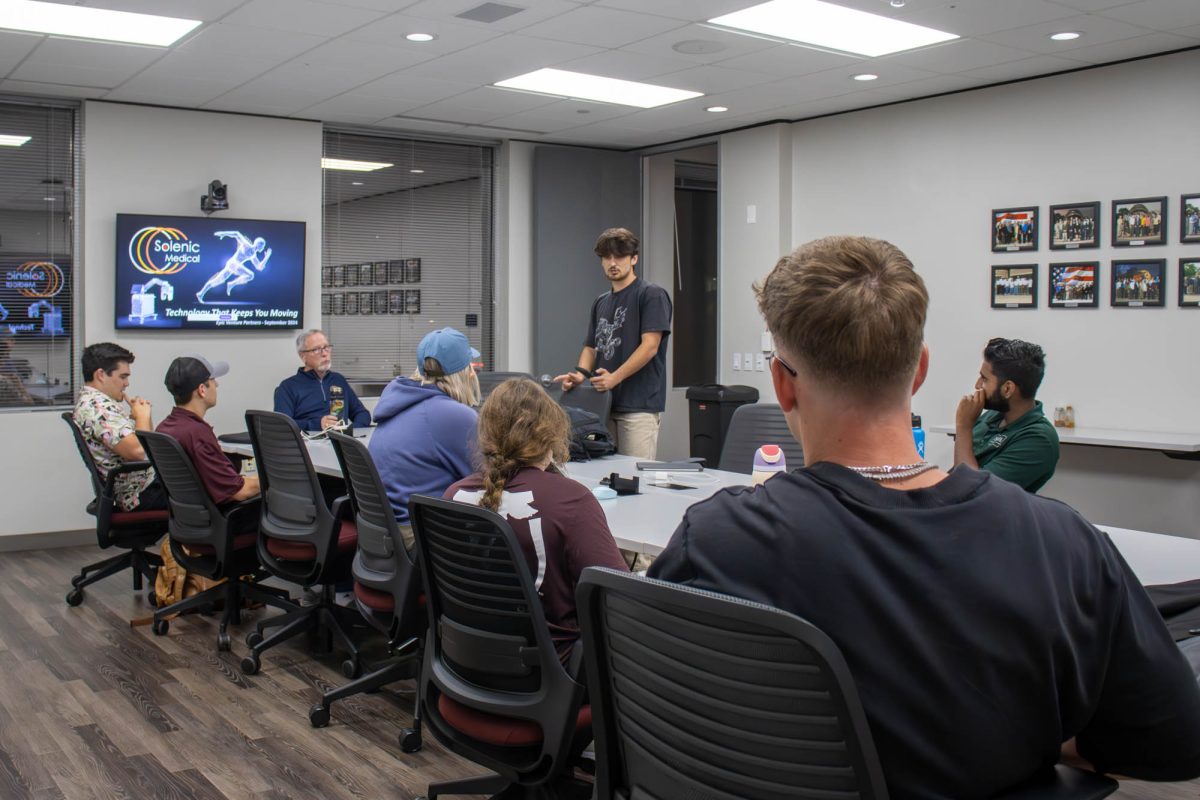




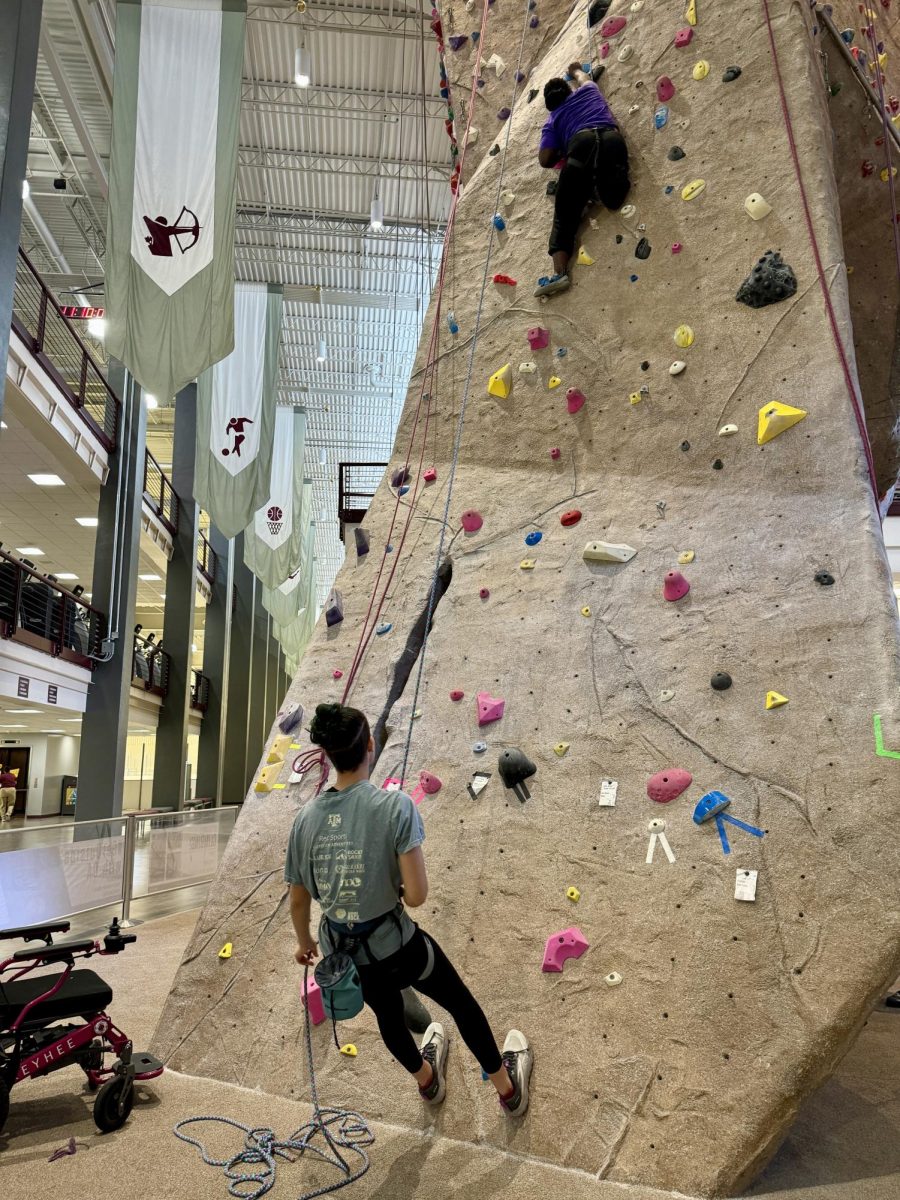

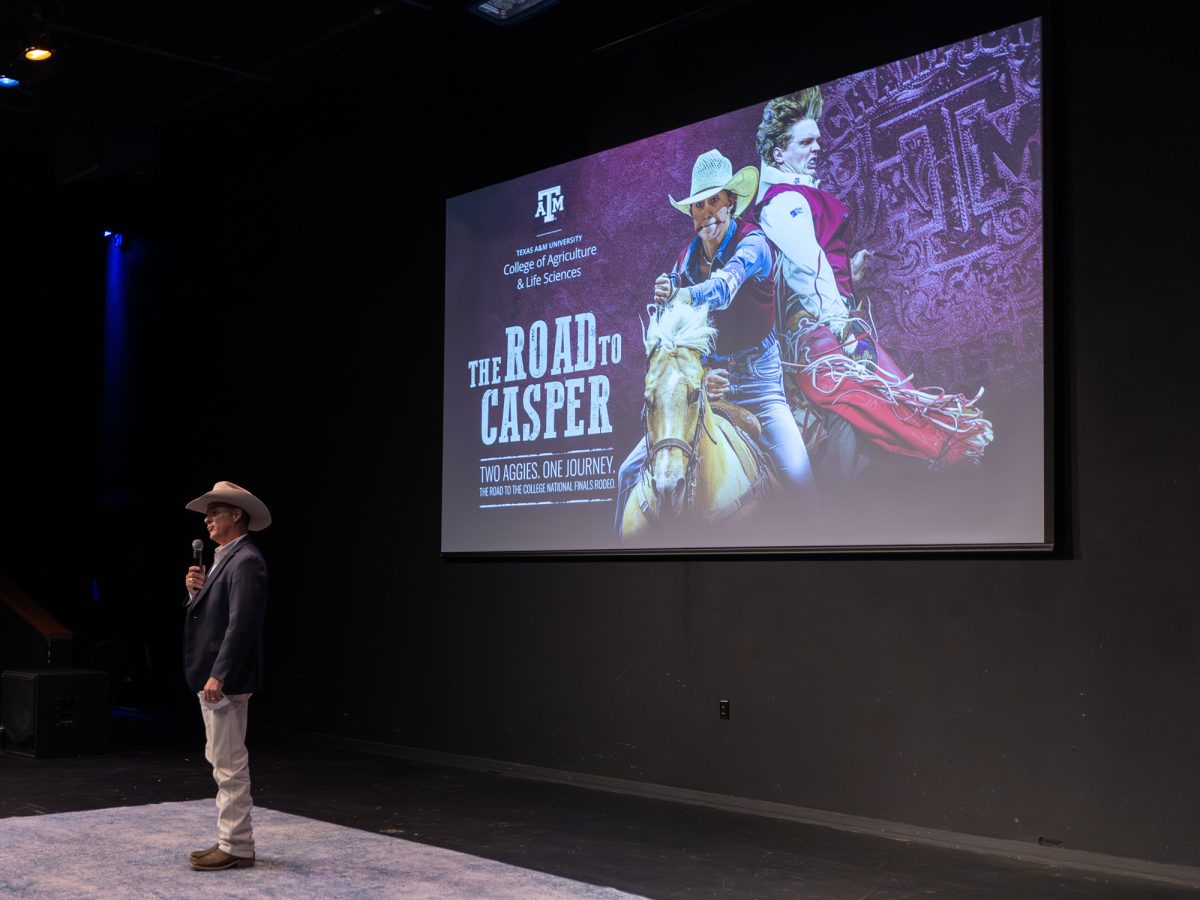

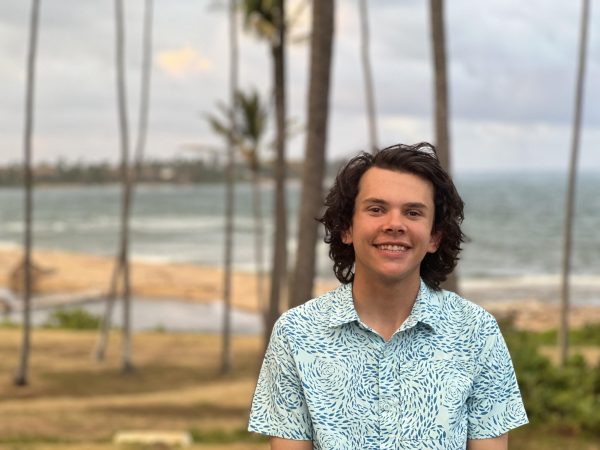

Judy Webb LeUnes • Sep 21, 2024 at 11:25 am
Wonderful job, The Battalion! Congratulations to these Aggies. I support you!
The 12th Man • Sep 20, 2024 at 8:44 pm
Y’all means all!
Reina Shelby • Sep 20, 2024 at 7:09 pm
Whoa. The Batt doesn’t even **** cuss words anymore?!
Good Ag • Sep 20, 2024 at 10:32 am
ITS M’AM!
jenna ortega • Sep 19, 2024 at 2:27 pm
L